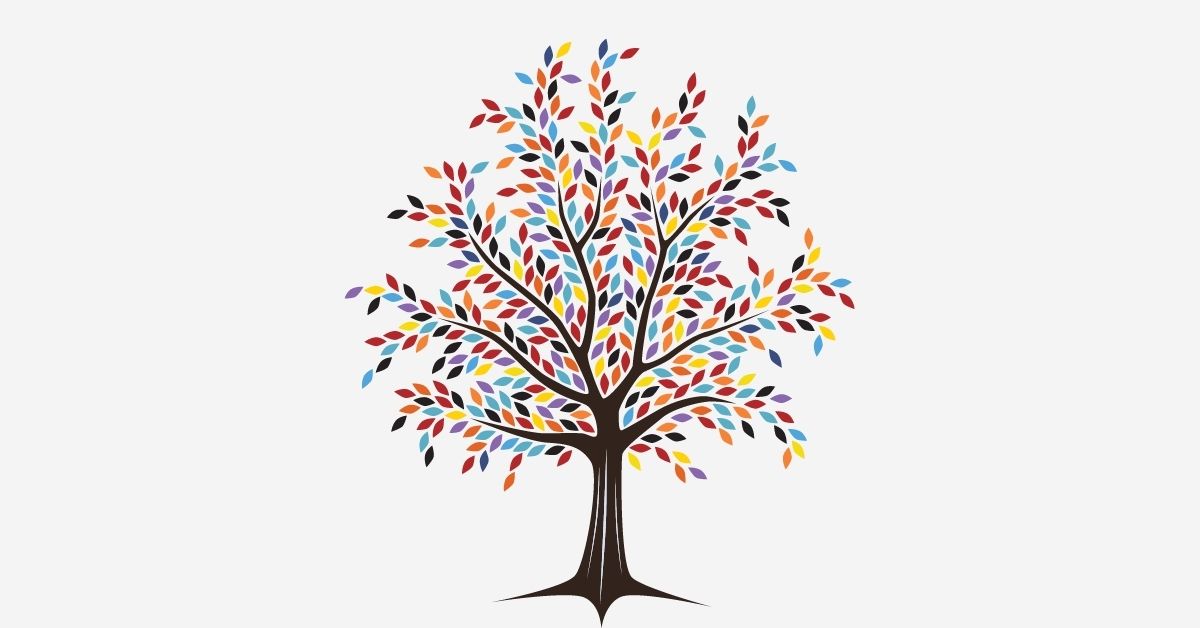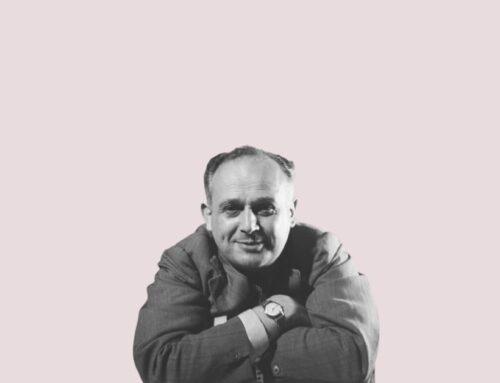What Is Holistic Voice Training?
By Margaret Lampasi
WE SING WITH OUR WHOLE BODIES, NOT JUST OUR THROATS!
Often at the first lesson with a new student, they’re surprised to hear me say that a good singer has much in common with an athlete. Say what? Yup! It is SO true. And most people don’t realize it. Skilled or professional singers are exactly like vocal athletes.
Here’s why: There are countless number of muscles that must be trained. We’re not talking only in the throat, mouth, jaw, and face, but the breathing and postural muscles—and then they all need to work together smoothly! It can be kind of dizzying for the beginner to even think about.
Now of course in voice lessons we usually don’t isolate one muscle at a time, not just because it’s inefficient, but because it’s literally impossible. Your vocal instrument is an intricate system of thousands of interconnections. Not just physical but mental, and even neurological.
I worked with a vocal coach who once said, It is miracle that we sing at all. I wholeheartedly agree. Our voices are amazing things – literally, they are like living, breathing beings. And obviously, we ourselves are living and breathing beings!
Our voices are deeply connected to who we are. To our whole entire selves—which includes the whole body and the whole mind—and lest I forget, our hearts and emotions.
Not to be mind-blowing or anything, but it’s pretty clear that singing can be complex on many levels! In my opinion, the voice as a musical instrument is THE most multi-faceted and complicated of them all. Because YOU and every person is multi-faceted and unique!
I find the most helpful way through the seeming maze or mystery of what creates healthy and robust vocal production comes from using a holistic approach to voice training.
What is a holistic approach in general? It considers the whole picture of a situation, and not just the parts: How do the parts interrelate and cause a certain outcome, or improvement?
In life, singing and teaching, I LOVE thinking in wholes instead of parts. And then I love exploring how those parts either connect or disconnect with the whole. Integration–meaning to combine and unify–is a favorite word and task of mine as a voice teacher.
I like to ask: How to bring together in a better relationship the parts that might’ve gotten disconnected from the whole? Whether in the person or in their vocal apparatus. Then I use a wide-variety of solutions, suggestions and techniques to bring about more balance and awareness in the voice and the person.
What does holistic vocal training look like? It can include methods that connect the body and mind, which promote greater body awareness. In my first years of teaching, alongside traditional vocal exercises, I used yoga stretches and certain poses as well as guided relaxation, and chi kung to help with breathing and posture.
Today I incorporate elements of the Alexander Technique (popular with singers and actors) and especially the Feldenkrais Method®, which I’m certified to teach in a class setting. (I will say more about these in a future post!) I find these two methods as well as mindfulness and energy work, to have the greatest positive impact and most direct relationship to singing or voice use.
My own life, singing, and all my teaching for the past 17 years have been deeply influenced by holistic methods and ways of thinking and problem-solving. I can’t imagine teaching any other way!
In the Levels 2 and 3 of the Somatic Voicework™ training, I smiled every time I heard Jeanie LoVetri (founder/developer) and her guest speaker MD/ laryngologist Lucinda Halstead, say nearly the same things I have been saying for years–that singers are like athletes, and that the whole body is the instrument.
Jeanie was asked by a college-age participant who is thinking about pursuing a career as a voice teacher, what does she need to do to prepare? “The first thing that you need to do”, Jeanie said, “is find a private voice teacher who is holistic.”
Note, she didn’t say, “immediately enroll in a college degree program.” That was very unexpected—and some may feel even a shocking thing for her to say. Though I see her reasoning behind it. In college degree programs there can be a cookie cutter mentality when it comes to teaching. It sort of “teaches to the average”, instead of viewing and fully supporting each individual singer as a totally unique person and voice.
Whatever the setting, in my opinion, teaching in a holistic manner is a better way to support the whole person as they both explore and develop their whole voice. The result: it empowers them for their best, and most free singing or speaking!
♥ ♥ ♥ ♥ ♥
Want to nurture the experience of your whole body being the vocal instrument?
Join me and others in my gentle & relaxing Movement for Singers Classes, and become more aware of how your body, mind and voice are all interconnected. Developing greater body awareness is extremely empowering for singers!
Classes are held via Zoom on Thursdays, either at 2:30pm or 6:30pm (depending on the week). Fee: $15
For more info: Click here >>>




